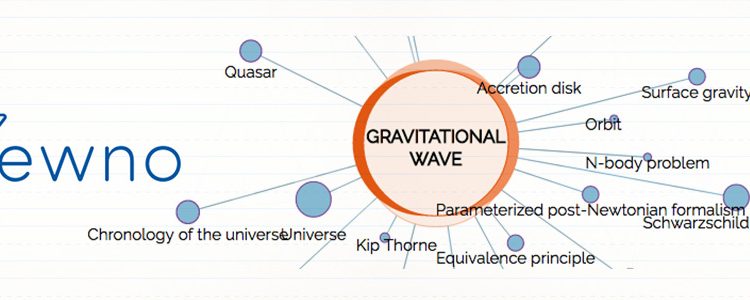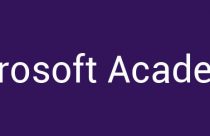Yewno for Education: A New Approach to Knowledge Discovery

Yewno is a new search engine that claims to mimic the workings of the human brain. In contrast to traditional tools, such as Google, Yahoo, or Bing, which are based on keyword search, Yewno is able to extract meaning from a great number of scholarly publications in the form of concepts. It enables searching for ideas rather than specific expressions. The platform uses a combination of full-text analysis, computational semantics, neural networks, and machine learning algorithms to visualize information, uncovering relationships between different sources.
Using Yewno
The platform explores connections between various pieces of information and displays them graphically. Two panels are shown: a graph or concept map on the left-hand side and a context bar on the right-hand side. Users can search for concepts they are interested in and then connect relevant ideas by clicking on them.
After each search, a new graph showing orange and blue nodes appears. The orange nodes represent the main concepts and are centrally placed within the concept map, whereas the blue nodes show ideas that are related to the central concepts. Double clicking on the blue nodes adds specific ideas to the user’s map and discloses further connections. In addition, users can directly access content sources from the relevant nodes.
Yewno for Education
The first product in the series of Yewno research tools—Yewno for Education—was launched in June this year and is currently being tested in the Beta phase. This new service for scholars and students is being tested by academic libraries at several prestigious institutions including Stanford University, Harvard, the University of California-Berkeley, and the Massachusetts Institute of Technology (MIT).
The product uses a growing database that already contains millions of scholarly publications including journal articles, books, theses, and other documents from publishers, universities, and government institutions from all over the world. At present, most resources are in English, but new resources are being constantly added. High-quality content published by Springer Nature, Oxford University Press, and others is already “discoverable” in this new way.
A Promising Tool
Some librarians believe that Yewno could play an important role in supporting the development of critical-thinking skills. This might be particularly suitable for students at the beginning of a research project to analyze the landscape surrounding a particular topic. One of the main benefits of the new discovery engine is that it allows researchers to explore information across several disciplines in a simple way. However, users might get lost in all the cross-references, and although the content covered by Yewno already includes many academic publications, there are still some gaps in the system. This emphasizes the fact that technology can support but not replace proper research. Detailed investigations in libraries and archives remain a crucial part of academic work.
Currently, Yewno for Education covers content in different areas, such as medicine and biology, physical sciences, humanities, engineering, social sciences, and others. In the future, the company expects to address other segments including financial services and news.









